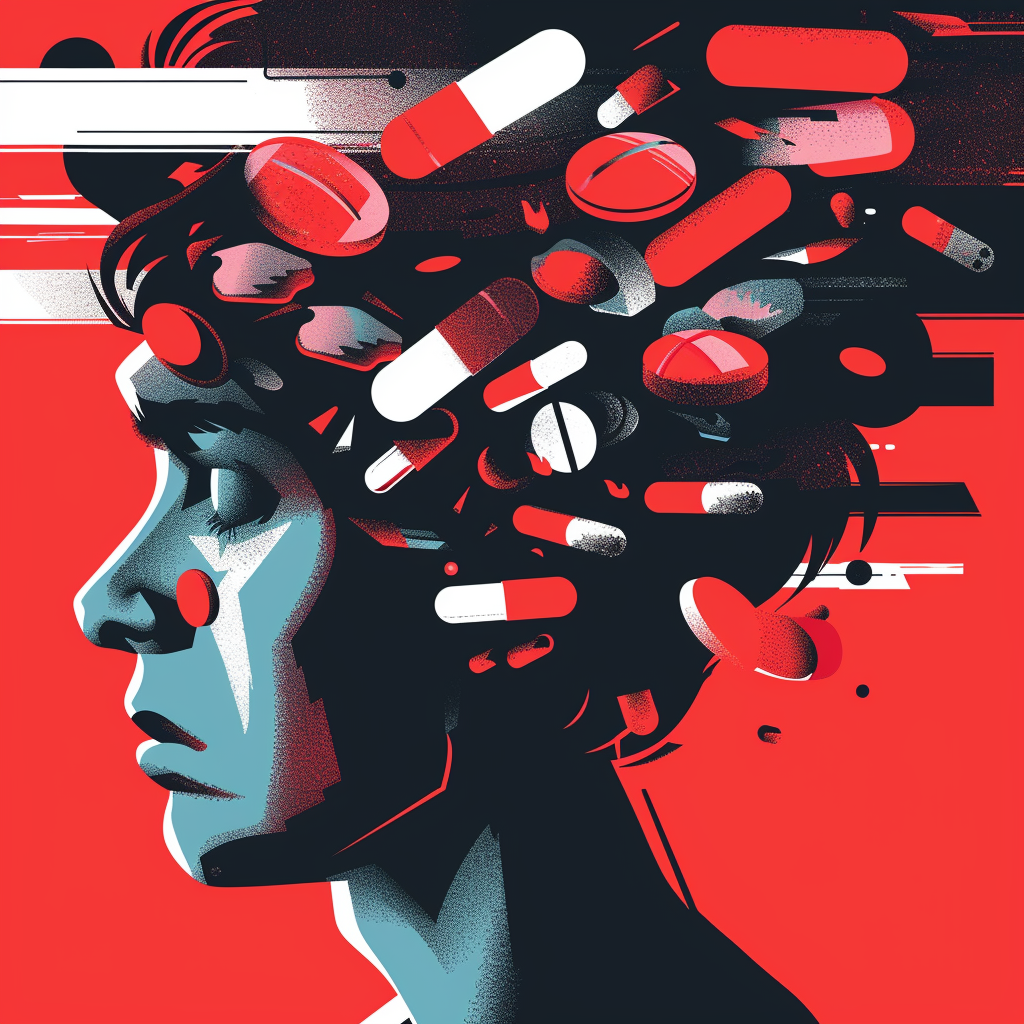Ketamine Compared to Traditional Antidepressants
Depression, a multifaceted mental health disorder, affects millions worldwide. While traditional antidepressants like SSRIs, SNRIs, and Tricyclic/Tetracyclic Antidepressants have been the standard treatment for years, ketamine offers a novel approach that goes beyond symptom management, targeting the root causes of depression.
Traditional antidepressants, including SSRIs such as fluoxetine (Prozac) and sertraline (Zoloft), and SNRIs like venlafaxine (Effexor) and duloxetine (Cymbalta), typically take several weeks to show effects. This delay can be challenging for individuals needing immediate relief from severe depression. Tricyclic and tetracyclic antidepressants, though effective, also have a delayed onset and come with more severe side effects. In contrast, ketamine provides rapid relief, often within hours of administration, making it a crucial option for patients with acute symptoms and suicidal ideation.
The mechanisms of action for these medications also differ significantly. SSRIs and SNRIs work by increasing levels of serotonin (and norepinephrine for SNRIs) in the brain, which helps improve mood but does not directly address issues like neuroplasticity or synaptic dysfunction. Tricyclic and tetracyclic antidepressants affect multiple neurotransmitters, including serotonin and norepinephrine, but they often come with more severe side effects and do not specifically target neuroplasticity. On the other hand, ketamine acts on NMDA receptors, increasing glutamate levels and promoting synaptogenesis, thereby enhancing neuroplasticity. This helps repair and strengthen neural connections damaged by depression, addressing one of the disorder's root causes.
Effectiveness in treatment-resistant depression is another crucial factor. About one-third of patients do not respond adequately to SSRIs and SNRIs, necessitating alternative treatments. While Tricyclic and Tetracyclic Antidepressants are sometimes used for treatment-resistant depression, their side effects often limit their use. Ketamine has shown significant efficacy in treatment-resistant cases, providing hope for patients who have not found relief with traditional antidepressants. This makes it a valuable option for those who have exhausted other treatments.
The side effect profiles of these medications further highlight ketamine's advantages. SSRIs and SNRIs commonly cause gastrointestinal issues, sexual dysfunction, weight gain, and emotional blunting, impacting adherence to treatment. Tricyclic and tetracyclic antidepressants often cause sedation, weight gain, and cardiovascular issues, which can be problematic for many patients. In contrast, ketamine's side effects, such as dissociation and mild hallucinations, are generally short-lived and occur during the administration period, with most patients not experiencing long-term adverse effects. This makes ketamine a more tolerable option for many.
Moreover, while traditional antidepressants manage symptoms effectively, they do not typically result in long-term remission without ongoing use. In contrast, ketamine promotes neuroplasticity and synaptogenesis, offering the potential for lasting improvements in mood and cognitive function. This can lead to more durable remission of depression symptoms, reducing the likelihood of relapse.
In conclusion, while SSRIs, SNRIs, and Tricyclic/Tetracyclic Antidepressants have been essential tools in managing depression, their limitations in terms of delayed onset, side effects, and inability to address neuroplasticity leave many patients seeking better solutions. Ketamine, with its rapid action, unique mechanism targeting synaptic function, and potential for long-term benefits, represents a revolutionary approach to treating the root causes of depression. As research continues to evolve, ketamine may redefine depression treatment, offering new hope for those struggling with this debilitating condition.

